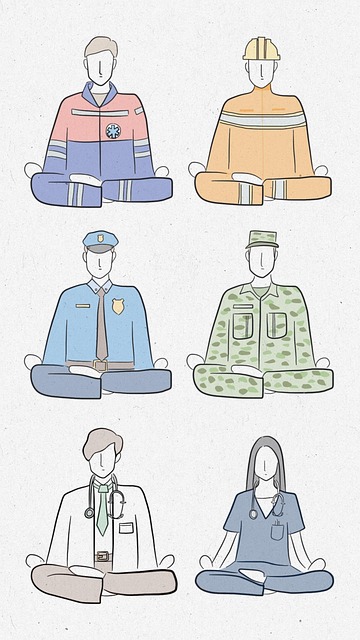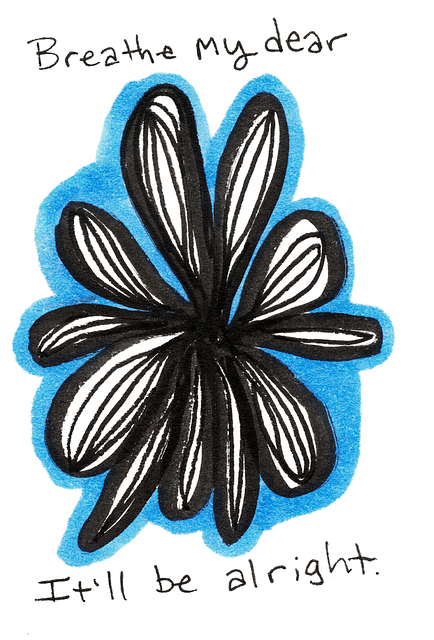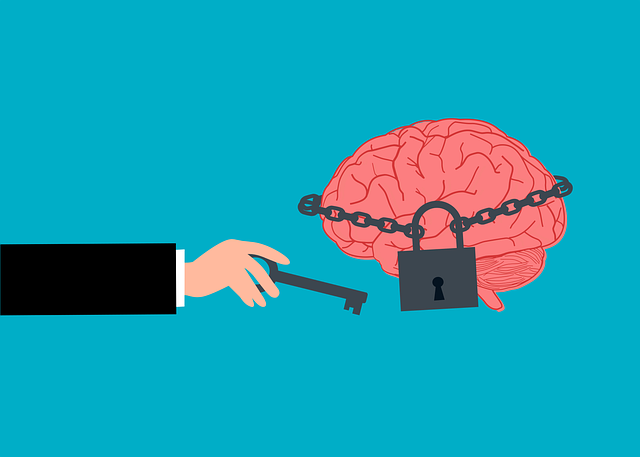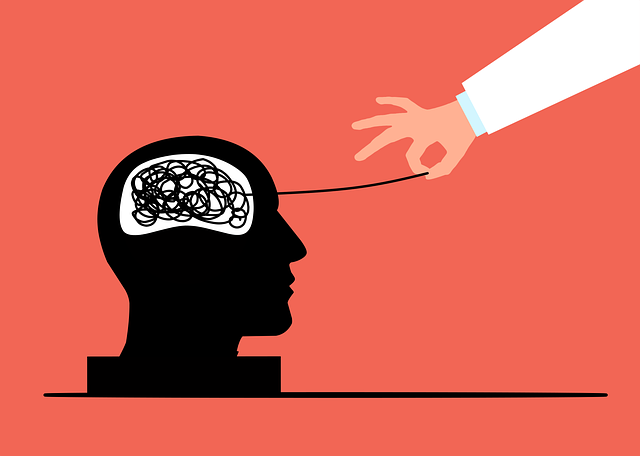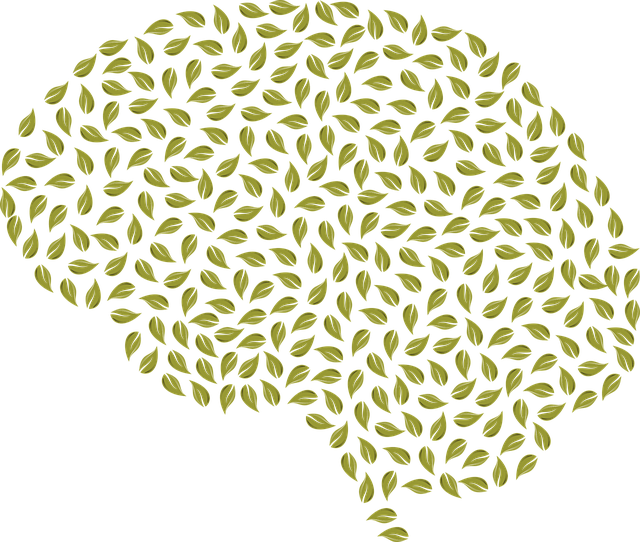Cultural competency is essential in children's therapy, especially for addressing codependency. Therapists must understand cultural influences on mental health and family dynamics to create supportive environments, improve risk management, and enhance self-care routines. Identifying codependent relationships requires training in conflict resolution and emotional intelligence. Cultural sensitivity enables therapists to tailor safe spaces, build trust, and incorporate community involvement for effective interventions. Interactive workshops and ongoing learning are crucial for developing cultural competency skills, fostering positive outcomes for children with codependency, and improving healthcare services' inclusivity and effectiveness.
Healthcare provider cultural competency training is essential in today’s diverse society, especially within children’s therapy. Understanding cultural nuances can significantly improve outcomes for young patients. This article explores critical aspects of cultural competence, including identifying and overcoming codependency in therapeutic settings, the impact of cultural sensitivity on child-centered therapy, effective training methods, and continuous learning strategies. By delving into these topics, we aim to empower healthcare providers with tools to deliver exceptional care, addressing the unique needs of children from various backgrounds, particularly those facing codependency issues.
- Understanding Cultural Competency in Healthcare: Why It Matters for Children's Therapy
- Identifying and Overcoming Codependency in Therapeutic Settings
- The Impact of Cultural Sensitivity on Child-Centred Therapy Outcomes
- Practical Training Methods for Healthcare Providers: Engaging and Effective Approaches
- Continuous Learning and Evaluation: Ensuring Long-Term Cultural Competence
Understanding Cultural Competency in Healthcare: Why It Matters for Children's Therapy

Cultural competency is an essential aspect of healthcare, especially when it comes to children’s therapy and addressing issues like codependency. In today’s diverse society, therapists and mental health professionals must be equipped to serve a wide range of clients from different cultural backgrounds. Cultural competency goes beyond basic awareness; it involves understanding the unique values, beliefs, and practices that shape an individual’s experience of healthcare. For children and their families, this means therapists can create a safe and supportive environment, ensuring effective communication and trust-building.
When working with children who have codependency issues or those from minority or marginalized communities, cultural sensitivity is critical. Therapists must recognize the impact of cultural factors on mental health, such as family dynamics, community support systems, and access to resources. By integrating cultural competency into their practice, therapists can improve risk management planning for mental health professionals, foster better self-care routine development for better mental health, and ultimately enhance the overall therapeutic process. This approach not only respects clients’ identities but also strengthens the quality of care provided.
Identifying and Overcoming Codependency in Therapeutic Settings

In therapeutic settings, identifying and overcoming codependency is a vital aspect of providing effective care, especially when working with children. Codependency, often seen in relationships where one person’s emotional well-being is overly dependent on another, can impede progress in therapy. Therapists must recognize signs such as excessive compliance or people-pleasing behaviors, which may mask underlying issues and hinder a child’s ability to develop healthy independence.
Training in conflict resolution techniques and emotional intelligence can equip healthcare providers with the tools to address codependency. Crisis intervention guidance, tailored for therapeutic contexts, helps professionals navigate challenging situations sensitively and effectively. By fostering healthier boundaries and promoting self-worth, therapists contribute to children’s overall emotional resilience and their journey towards independence.
The Impact of Cultural Sensitivity on Child-Centred Therapy Outcomes

Cultural sensitivity plays a pivotal role in enhancing therapy outcomes for children, especially those grappling with codependency issues. In a child-centred therapeutic setting, healthcare providers must be equipped to navigate diverse cultural backgrounds and beliefs to create a safe and supportive environment. This is crucial as it enables providers to understand the unique challenges and strengths that each child brings into the therapy room. For instance, cultural norms can influence a child’s expression of emotions, their family dynamics, and even their understanding of mental health concepts. A therapist who is culturally competent can adapt their approach, using appropriate communication styles and techniques like conflict resolution skills, to build trust and facilitate meaningful healing.
Integrating cultural sensitivity into therapy also goes beyond individual interactions. It involves a systematic consideration of the community’s collective cultural tapestry, including historical contexts and systemic barriers that might impact mental health services. This holistic view empowers healthcare providers to design inclusive interventions, consider family involvement, and even adapt stress management workshops or burnout prevention strategies within their practices. By embracing cultural competency, therapy for children with codependency becomes more effective, ensuring they receive care that resonates with their identities and fosters positive outcomes.
Practical Training Methods for Healthcare Providers: Engaging and Effective Approaches

Incorporating practical training methods is essential for healthcare providers to enhance their cultural competency, especially when addressing issues like codependency in therapy for children. Engaging and interactive workshops, role-play scenarios, and case studies can effectively simulate real-world challenges. For instance, providers can practice active listening and empathy by engaging in mock sessions with actors portraying patients from diverse backgrounds, allowing them to navigate cultural nuances and sensitive topics.
These hands-on approaches facilitate emotional healing processes and stress reduction methods. By participating in group discussions and sharing experiences, healthcare professionals gain insights into different cultural perspectives, improving their ability to tailor mental health awareness interventions. This not only strengthens patient-provider relationships but also ensures more effective treatment plans that resonate with diverse communities.
Continuous Learning and Evaluation: Ensuring Long-Term Cultural Competence

Healthcare provider cultural competency training should emphasize continuous learning and evaluation to ensure long-term competence. This involves regularly updating knowledge about diverse cultures, beliefs, and practices, as well as seeking feedback from patients and communities. By integrating these insights into clinical practice, healthcare providers can better address the unique needs of their patients, fostering a more inclusive and effective therapeutic environment. For instance, mental health professionals can design mental health education programs that cater to various cultural backgrounds, incorporating community outreach program implementations to enhance resilience building among vulnerable populations.
Additionally, regular self-reflection and peer review sessions are crucial for maintaining cultural competency. These processes allow providers to identify areas where they may need further training or adjustment in their approach. For children facing therapy for codependency, a culturally sensitive and adaptive treatment plan can significantly improve outcomes. Thus, continuous learning and evaluation should be at the core of every healthcare provider’s professional development journey.
Cultural competency training is a game-changer in healthcare, especially for children’s therapy. By addressing codependency issues and fostering cultural sensitivity, therapists can significantly enhance therapeutic outcomes. The practical training methods outlined in this article provide valuable tools to navigate diverse patient backgrounds, ensuring every child receives the best possible care. Continuous learning and evaluation are key to maintaining long-term cultural competence, allowing healthcare providers to adapt and improve their practices over time. This holistic approach ultimately improves therapy effectiveness for children from all walks of life.

